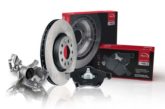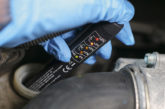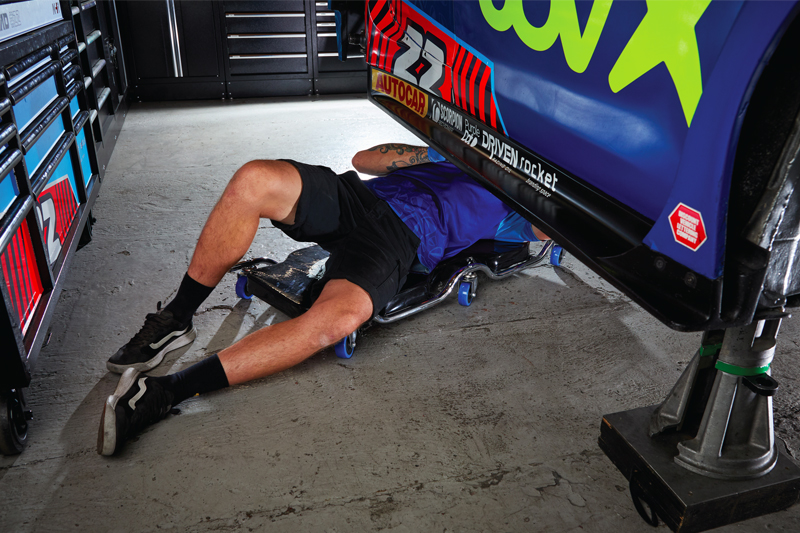
Draper Tools is here with some top tool recommendations and some advice from experienced mechanics on what they wish they knew as apprentices.
Anyone going into the industry should know that they’re doing something important, not just for the future of the sector and but for the country itself. The IMI reports that the automotive sector is facing a 20 year high in vacancies, data suggesting that 111,400 roles need to be filled in the next 10 years. As a nation we’re heavily reliant on our vehicles and these need to be maintained and repaired. It’s clear there’s a real need for more skilled mechanics.
You never know where your career in this industry could take you. As part of this article Draper Tools reached out to a range of people, from apprentices working for a professional motorsport team through to owners of successful garages — they all started out in the same place.
Get kitted out
In recent years Draper’s been working with several colleges offering automotive courses, gaining valuable feedback from course leaders along the way. Investing in some good quality tools will often serve you beyond your training years and well into your career. Here’s its guide to the essentials:
Socket Set: No mechanic’s tool kit is complete without a socket set. Look for sets with 1/4”, 3/8” & 1/2” sockets and ratchets, this should be comprehensive enough to tackle a range of nuts and bolts. Draper offers a 149-piece metric socket set, where each socket has a knurled ring for extra grip.
Spanners: To get up and running a complete set of fixed head and ratchet spanners is ideal. This can be where it’s worth investing in the best you can, because this is a tool that you really will use throughout an entire career. Consider flexible head options to help get into the tightest spaces. It’s also worth considering the ‘tooth count’ of your ratchet spanner, the more teeth it has the quicker and easier the task. Draper’s 12-piece HI-TORQ metric combination spanner set is an ideal option to get you started.
Creeper: To easily slide and look under a vehicle, you’ll need a creeper in your kit. These can be simple and relatively inexpensive, right through to more luxurious models. Simple things will make a big difference here, look out for a head rest for comfort and multi directional castors for easy movement.
Trolley jack and axle stands: Whether you’re changing a wheel or making adjustments to the brakes, you’ll need to elevate the vehicle and ultimately want to invest in your own jack and stands for the job. Consider the weight of the jack and the weight it can lift, light duty jacks are easy to transport but professionals will usually require a heavier duty model.
Multimeter: This is another handy tool to have as part of your servicing kit. You can easily get to grips with a vehicle’s electrics with one of these, keeping an eye on things like battery state and component failure. Some multimeters come with automotivespecific functions, temperature probes and non-contact voltage ability to detect live cables. The company’s automotive digital multimeter is a great option and includes an inductive clamp to read engine revs.
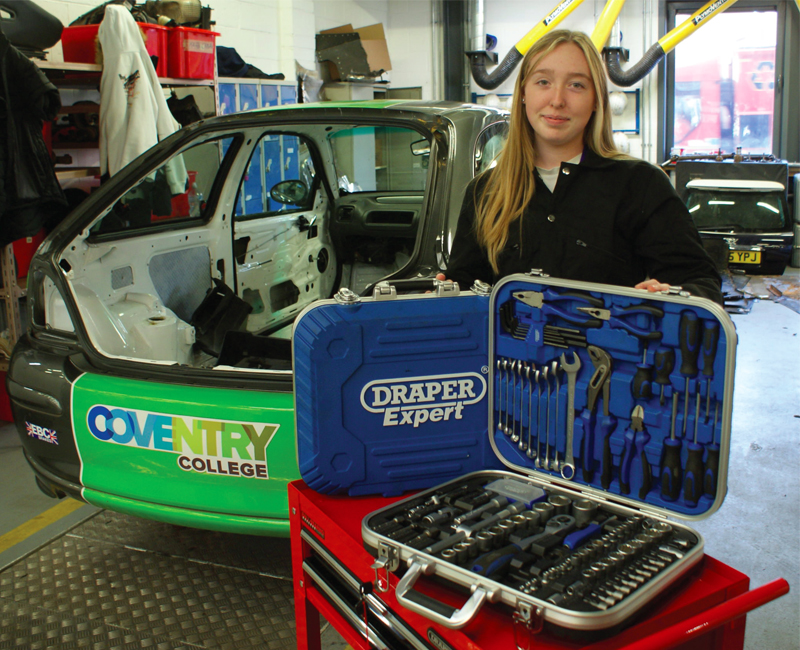
Advice from the industry
Having the right kit is half the story, you need the right attitude and a good mentor too. Draper Tools reached out to several people in the industry for their top tips and what they wish they’d known as when starting out.
First up was a group of apprentice mechanics at BTCC race team EXCELR8 Motorsport who each gave their best advice for others starting out. Here’s what they had to say:
Charlie: “Listen to your mentor and you’ll learn more than you realise.”
Nate: “Get involved and get busy, if you’re not sure, ask questions.”
Olaf: “Take notes and follow instructions.”
Next was Grahame Pells, manager at Avia Autos, a successful garage in Bridgend who advised on the top three things he’d tell his younger apprentice self:
“Prepare for the opportunity, so when the opportunity arises you are ready. Knowledge is key, the more you can obtain the further you will go.”
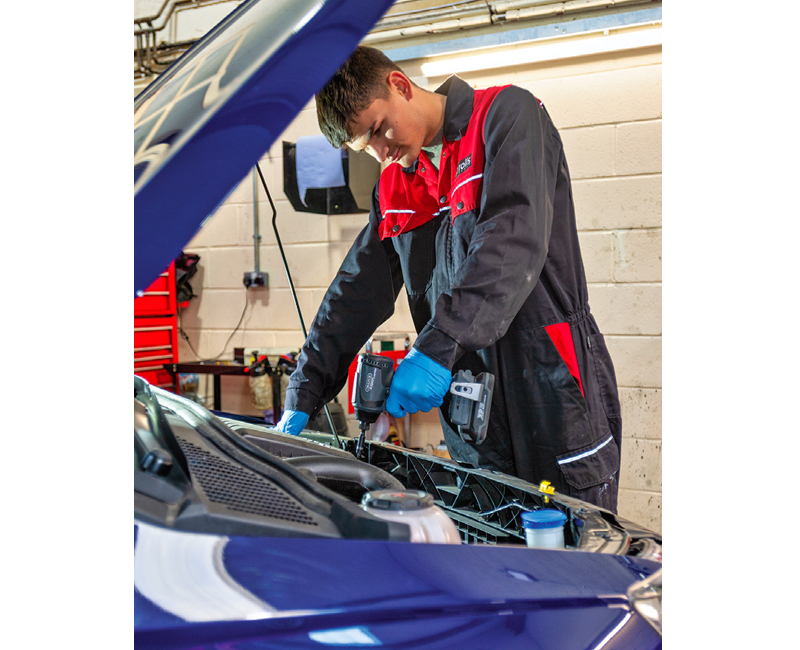
Draper took the discussion to social media, inviting established mechanics to give their top tips and say what they’d like to have known back when they were new to the industry. Here’s a selection of the advice received:
On the job
- “Always ensure the wheel stays flush to the hub by tightening the opposing bolts in sequence, then when the car is back on the ground, torque them up using the same sequence. And don’t forget to re-set your torque wrench back to its lowest setting to preserve the calibration!”
- “Always wear knee pads and a hat when it’s cold.”
- “Every day is a school day, don’t be afraid to ask questions and if you are at a place that doesn’t answer these, find a better workshop who will mentor you and help you grow.”
- “It’s probably the most punishing of the trades but the satisfaction of that first turn of the key after a major job…There’s nothing else like it.”
- “Ask for a pay rise every year, if you don’t ask you don’t get. But ask yourself are you worth it?
- “This is one of the best trades to join. There are many opportunities that can arise from serving some time in a workshop.”
Business best practice
- “Don’t let people rush you, good people will always appreciate a job done well rather than a quick job done poorly”
- “Set your stall out the way you want to conduct business not how you think you need to conduct business”
- “Charge accordingly and don’t let customers dictate the quality of the job. Most importantly, learn to just say NO.”



